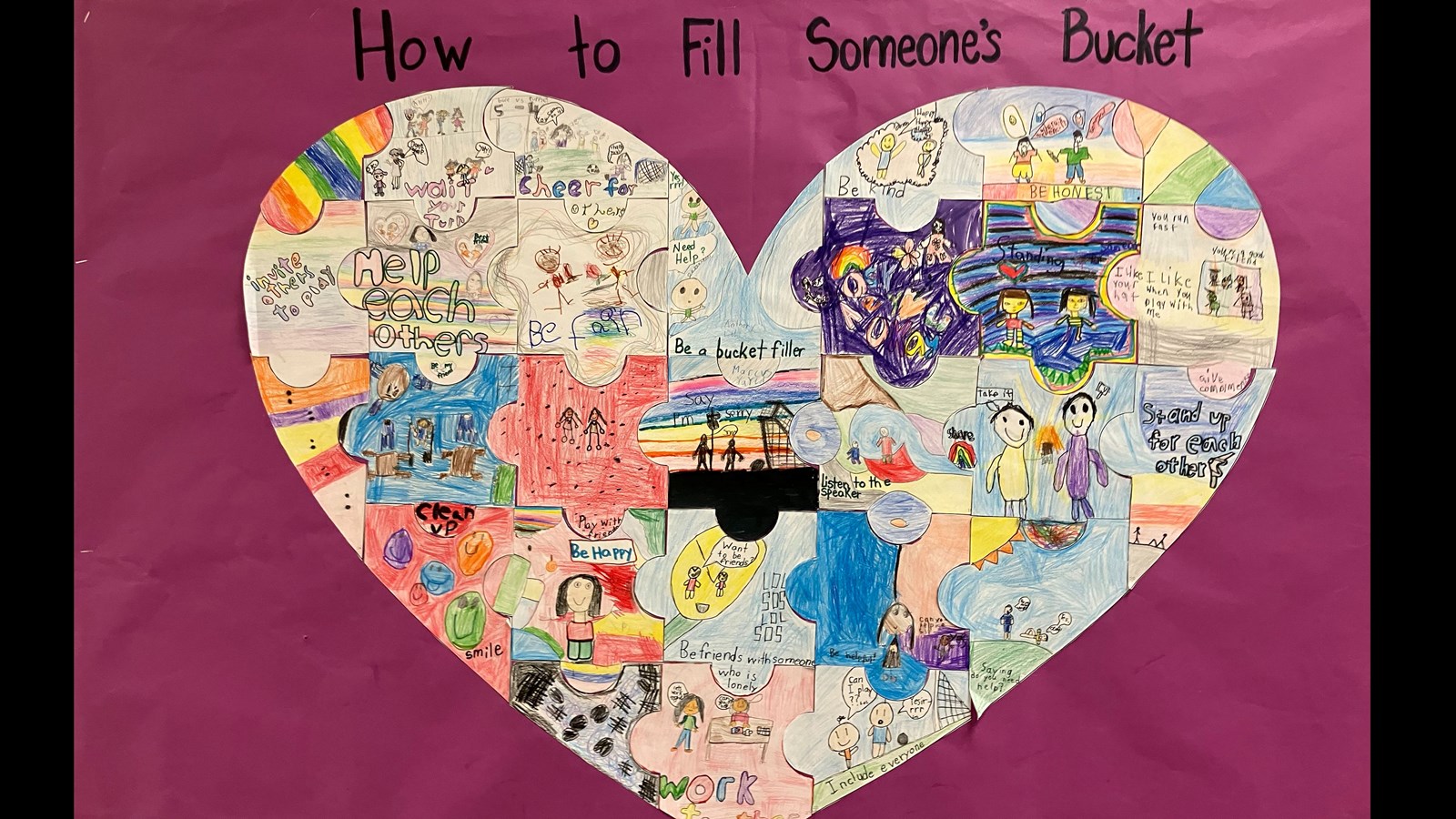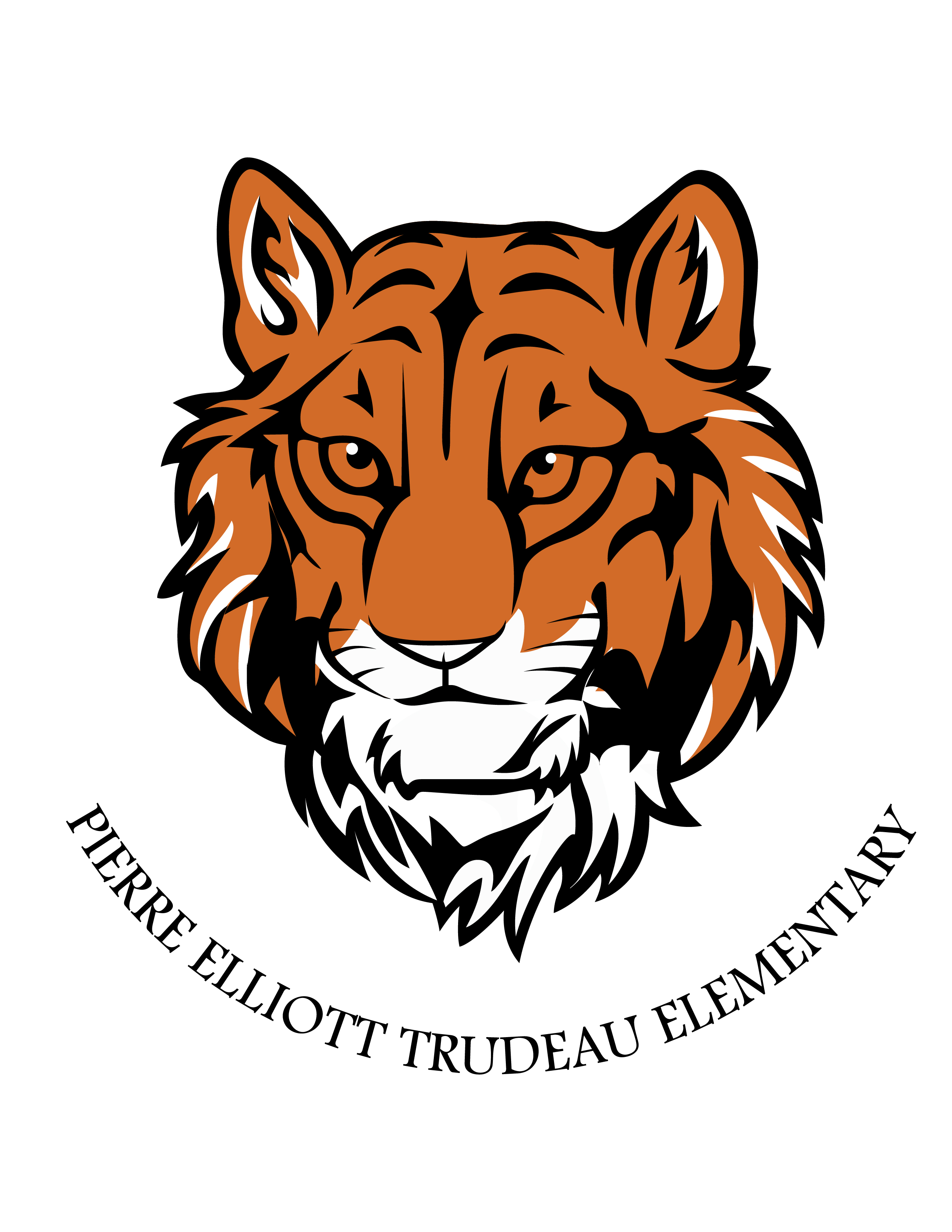Code of Conduct

Code of Conduct - Updated June 2024
Trudeau Elementary
Code of Conduct
Statement of Purpose
Trudeau Elementary is committed to uphold a safe, inclusive, equitable, welcoming, nurturing, and healthy school environment.
- Promote clear behavioural expectations of respectful and responsible citizenship that lead to a culture of safety, caring and respect amongst everyone in the school and programs and at all school-events and activities
- The School Code of Conduct applies at school, during school-organized or sponsored activities, on school buses, and any behaviour even if outside of school or school hours, (including on-line behaviour), that negatively impacts the safe, caring, or orderly environment of the school, and/or student learning.
- Together We Are Better…We believe that we are partners with families and that parent, child, and school all play a role in the development of students being responsible members of society.
Conduct Expectations
- Acceptable Conduct
- Respecting self, others, and the school
- Contributing to a safe, caring, positive, inclusive, and peaceful environment
- Seeking to prevent violence and potentially violent situations, and demonstrating social responsibility by reporting such situations
- Engaging in purposeful learning activities
- Listen and follow adult directions
- Listen and respect classmates work and ideas
- Share with others and include them in our games
- Students must stay on the school grounds during school hours unless permission is granted by the office. Written permission is required from a parent.
- Students are expected to keep the school grounds clean, to use the garbage cans, and respect nature.
- Unacceptable Conduct
“Students shall not discriminate against others on the basis of Indigenous identity, race, religion, colour, ancestry, place of origin, marital status, family status, age, sex or sexual orientation, gender identity/expression, or physical or mental disability, or for any other reason set out in the Human Rights Code of British Columbia, nor shall a student publish or display anything that would indicate an intention to discriminate against another, or expose them to contempt or ridicule, on the basis of any such grounds.” Racism and discrimination will not be tolerated in our school.
- Behaviours that interfere with the learning of other, interfere with an orderly environment, or create an unsafe environment
- Acts of bullying, harassment, intimidation, or physical violence
- Illegal acts, such as possession, use or distribution of illegal or restricted substances
- Theft or damage to property
Misbehaviour is generally regarded on a three-point scale of severity. Below is a list of examples of unacceptable behaviour, to indicate how misbehaviours may be categorized.
Level 1
| Level 2
| Level 3
|
Note: Behaviours (both acceptable and unacceptable) cited in the code of conduct are examples only and not an all-inclusive list.
- Rising Expectations
Students are expected to learn and mature as they move through successive grades, and as such the expectations progress towards increasing personal responsibility and self-discipline, as well as increasing consequences for inappropriate conduct/unacceptable behavior.
- Retaliation Prevention
All reasonable steps will be taken to prevent retaliation against a student who has made a complaint of a breach of a code of conduct.
Consequences
- Disciplinary action, wherever possible, is restorative rather than merely punitive. The school will treat seriously any behaviour that discriminates based on Indigenous identity, race, religion, colour, ancestry, place of origin, marital status, family status, age, sex or sexual orientation, gender identity/expression, or physical or mental disability.
- Repetitive or severe unacceptable behaviour may result in increased severity of subsequent disciplinary action. The age and maturity of students are considered when determining appropriate consequences.
- Special considerations may apply to students with special/diverse needs if these students are unable to comply with a code of conduct due to having a disability/challenge of an intellectual, physical, sensory, emotional, or behavioural nature.
- Responses to unacceptable conduct are consistent and fair.
- Students, as often as possible, are encouraged to participate in the development of meaningful consequences for violations of the established code of conduct.
When a consequence is necessary the following is a guideline used with rising expectations based upon age, maturity, and movement through successive grades:
Level 1
|
Level 2
|
Level 3
|
- Notifications
The principal or designate has a responsibility to inform other parties of serious breaches of the code of conduct. These parties include:
- Parent(s) of student offender(s) and parent(s) of student victim(s) – in every instance
- School district officials
- Police and/or other agencies, as required by law
- School community, when deemed necessary, to reassure members that school officials are taking appropriate action
Suspensions
In accordance with the School Act, Sec. 85 (2) (ii) and (d), the Board authorizes the principal or designate of any school in the district to suspend a student from attendance at school for up to five days.
Suspensions may be for the following reasons:
- because a student is willfully and repeatedly disrespectful to a teacher or to any other employee of the Board carrying out responsibilities approved by the Board;
- because the behaviour of the student breaches the District Code of Conduct or other policy and/or has a harmful effect on others or the learning environment of the school;
- because the student has failed to comply with the School Code of Conduct.
Suspensions over five days are made in consultation with the appropriate Director of Instruction as per District Student Code of Conduct, AP 350.
As per AP 350 7.7 an educational program must be provided.
Pierre Elliott Trudeau
Code of Conduct Motto
Trust
Respect
Understanding
Empathy
Be true to yourself
Be true to others
Be true to the environment
Students’ Rights and Responsibilities At Trudeau, students have the right to:
At Trudeau, students have the responsibility to:
|

